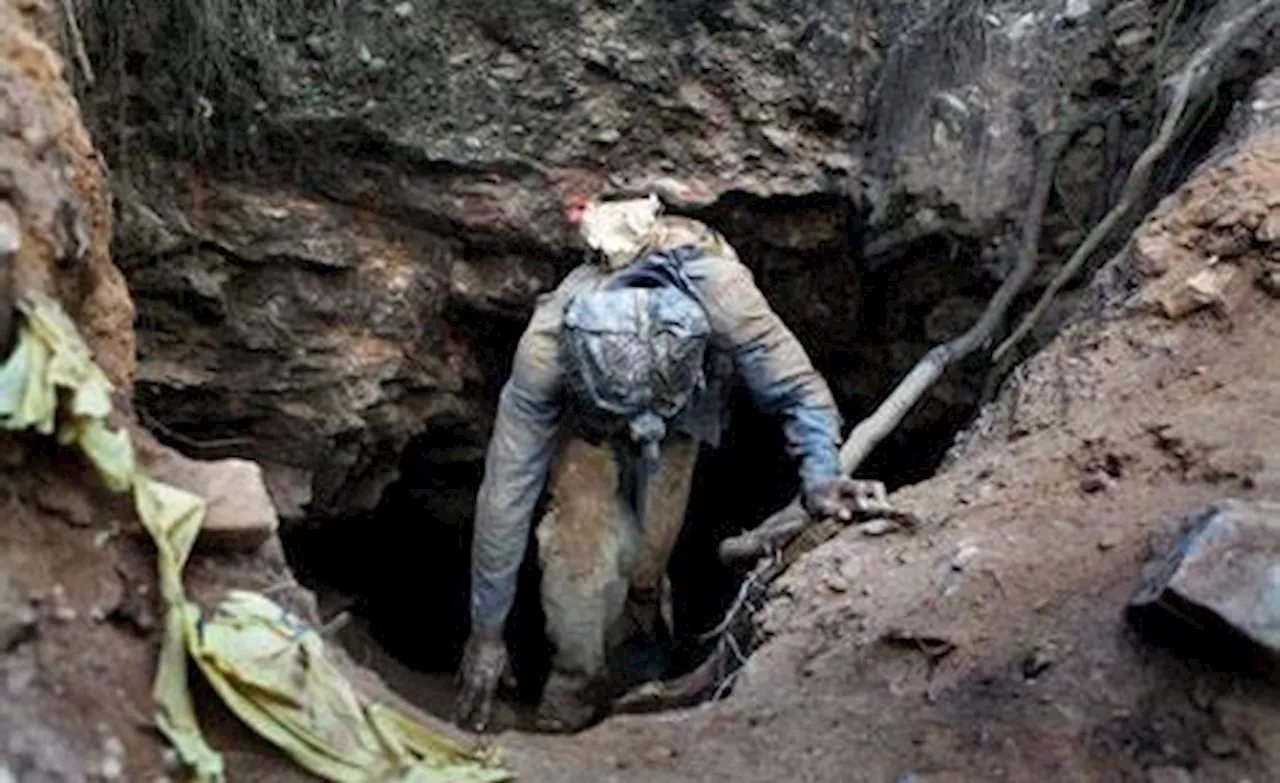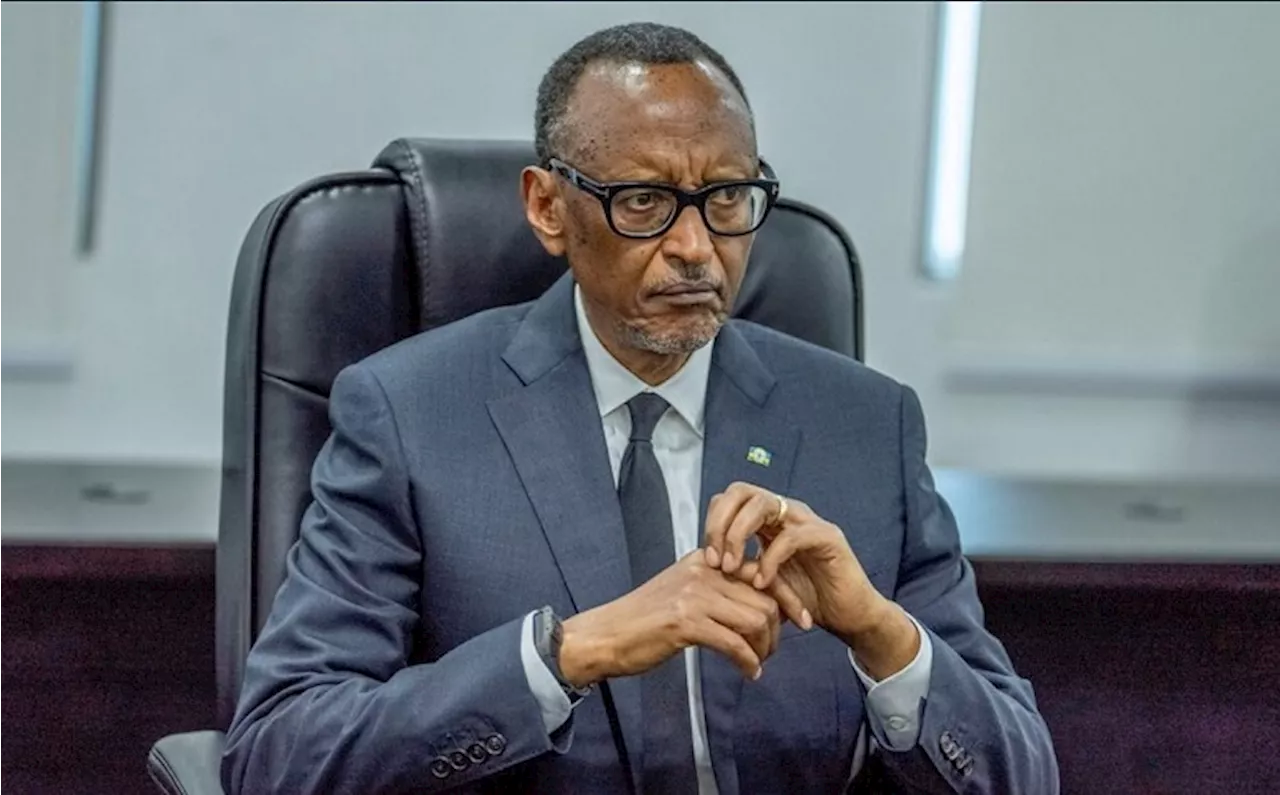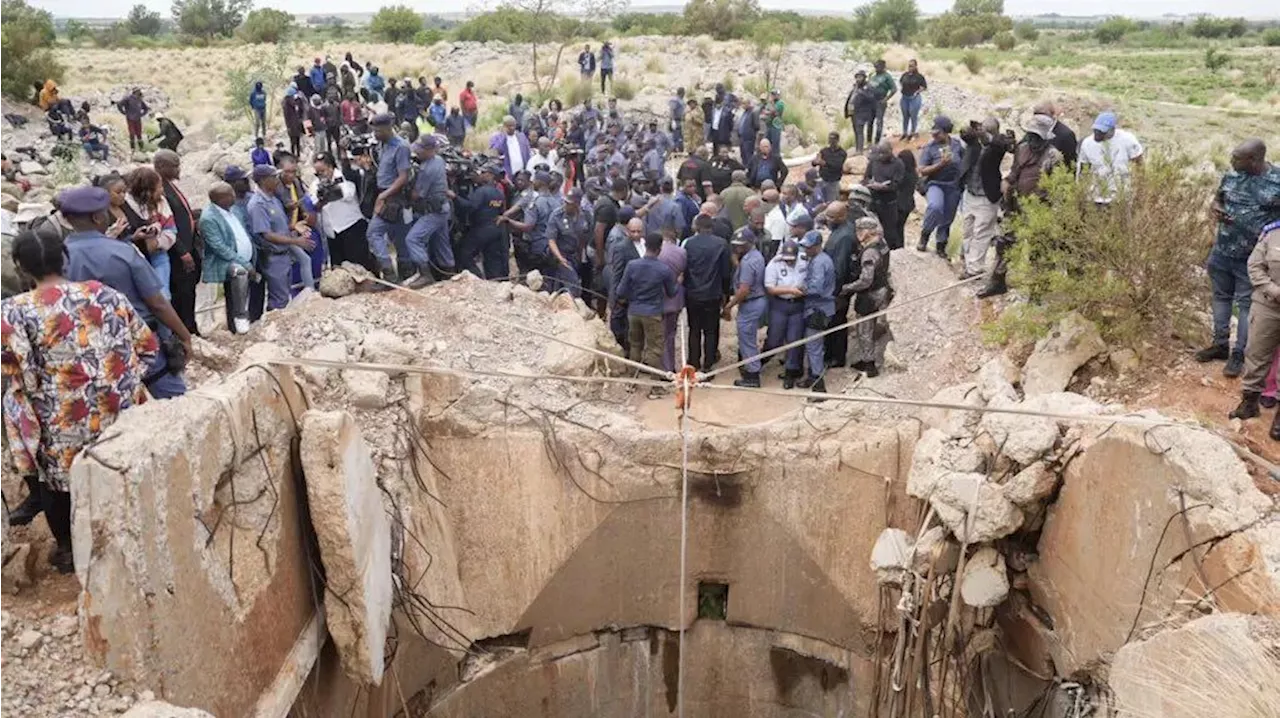MultiChoice and Groupe Canal+ have proposed substantial structural changes at South Africa’s pay-TV giant to comply with local regulations.
MultiChoice and French media giant Groupe Canal+ have proposed significant changes to the corporate structure of South Africa’s pay-TV giant to comply with local broadcasting regulations regarding ownership and control.
The buyout will cost Canal+ over R30 billion in cash, and it continued buying MultiChoice shares while its offer is being considered.While Canal+ was mandated by law to put in an offer to acquire MultiChoice, boosting the South African company’s share price, several regulatory hurdles must be overcome.
Additionally, the transaction will have to meet Broad-based Black Economic Empowerment rules set out by industry regulator Icasa, which says licensees must be 30% owned by historically disadvantaged individuals.To comply with local regulations, MultiChoice Ltd will be carved out of the group structure, and a separate licensing entity will be established, currently referred to as LicenceCo.
“LicenceCo will enter into various commercial agreements with MultiChoice Group subsidiaries in relation to the services currently provided to LicenceCo by other MultiChoice Group entities,” they said. “Canal+ and MultiChoice are confident that the envisaged structure meets the requirements of all applicable laws, including the restrictions on foreign ownership and control of broadcasting licences contained in the Electronic Communications Act.”Canal+ CEO Maxime Saada said the transaction was an opportunity to create a unique global media company.
South Africa Latest News, South Africa Headlines
Similar News:You can also read news stories similar to this one that we have collected from other news sources.
 South Africa: Death of Miners in South Africa a Government FailureRights groups are criticizing South Africa's government for failing to prevent what they call a 'massacre' at the Buffelsfontein mine, after security officials cut off food, water, and other essential supplies to miners trapped underground and delayed a rescue operation.
South Africa: Death of Miners in South Africa a Government FailureRights groups are criticizing South Africa's government for failing to prevent what they call a 'massacre' at the Buffelsfontein mine, after security officials cut off food, water, and other essential supplies to miners trapped underground and delayed a rescue operation.
Read more »
 Competition in South Africa's Subscription TV Market Poses Threat to MultiChoice's DominanceIcasa finds that cord-cutting and the rise of OTT services are contributing to MultiChoice's decline in market share, while competition remains effective despite DStv's sports rights dominance.
Competition in South Africa's Subscription TV Market Poses Threat to MultiChoice's DominanceIcasa finds that cord-cutting and the rise of OTT services are contributing to MultiChoice's decline in market share, while competition remains effective despite DStv's sports rights dominance.
Read more »
 MultiChoice and Irdeto Crack Down on DStv Piracy with Raid and Arrest in South AfricaA collaborative operation between MultiChoice-owned Irdeto and the Western Cape Provincial Commercial Crime Investigation Unit has led to the arrest of a suspect operating an alleged Waka TV reseller network in Worcester, South Africa. Authorities seized smart TV boxes, a USB drive, and a smartphone suspected of being used to provide unauthorized access to DStv content. This raid exemplifies the ongoing efforts to combat piracy in the African broadcasting industry.
MultiChoice and Irdeto Crack Down on DStv Piracy with Raid and Arrest in South AfricaA collaborative operation between MultiChoice-owned Irdeto and the Western Cape Provincial Commercial Crime Investigation Unit has led to the arrest of a suspect operating an alleged Waka TV reseller network in Worcester, South Africa. Authorities seized smart TV boxes, a USB drive, and a smartphone suspected of being used to provide unauthorized access to DStv content. This raid exemplifies the ongoing efforts to combat piracy in the African broadcasting industry.
Read more »
 Rwanda's Kagame: Ready for Confrontation with South Africa if NecessaryRwandan President Paul Kagame has asserted that Rwanda is prepared for a confrontation with South Africa should the situation necessitate it. Kagame's statement follows the recent escalation of fighting in the Democratic Republic of Congo (DRC), where 13 South African soldiers were killed. Kagame claims South Africa's military activities in the DRC were not properly disclosed and that Ramaphosa requested logistical support while simultaneously acknowledging South Africa's peace efforts. He further criticizes South Africa's role as a peacemaker and mediator, warning of a forceful response if South Africa seeks confrontation.
Rwanda's Kagame: Ready for Confrontation with South Africa if NecessaryRwandan President Paul Kagame has asserted that Rwanda is prepared for a confrontation with South Africa should the situation necessitate it. Kagame's statement follows the recent escalation of fighting in the Democratic Republic of Congo (DRC), where 13 South African soldiers were killed. Kagame claims South Africa's military activities in the DRC were not properly disclosed and that Ramaphosa requested logistical support while simultaneously acknowledging South Africa's peace efforts. He further criticizes South Africa's role as a peacemaker and mediator, warning of a forceful response if South Africa seeks confrontation.
Read more »
 South Africa's 'Big Three' Coaches Strike Gold, Revitalizing National SportThree visionary coaches - Jacques Nienaber, Mark Boucher, and Hugo Broos - have led a resurgence in South Africa's rugby, cricket, and football teams, achieving synchronized success and rekindling national pride.
South Africa's 'Big Three' Coaches Strike Gold, Revitalizing National SportThree visionary coaches - Jacques Nienaber, Mark Boucher, and Hugo Broos - have led a resurgence in South Africa's rugby, cricket, and football teams, achieving synchronized success and rekindling national pride.
Read more »
 BIG READ: The Perils of South Africa’s Illegal Mining SectorThis article explores the dangers of South Africa's illegal mining sector, focusing on the abandoned Stilfontein shaft. It highlights the risks faced by undocumented workers from across southern Africa who mine for gold in these dangerous conditions. The article also examines the reasons behind the growth of illegal mining, including the decline of the formal mining industry and the involvement of criminal gangs.
BIG READ: The Perils of South Africa’s Illegal Mining SectorThis article explores the dangers of South Africa's illegal mining sector, focusing on the abandoned Stilfontein shaft. It highlights the risks faced by undocumented workers from across southern Africa who mine for gold in these dangerous conditions. The article also examines the reasons behind the growth of illegal mining, including the decline of the formal mining industry and the involvement of criminal gangs.
Read more »
